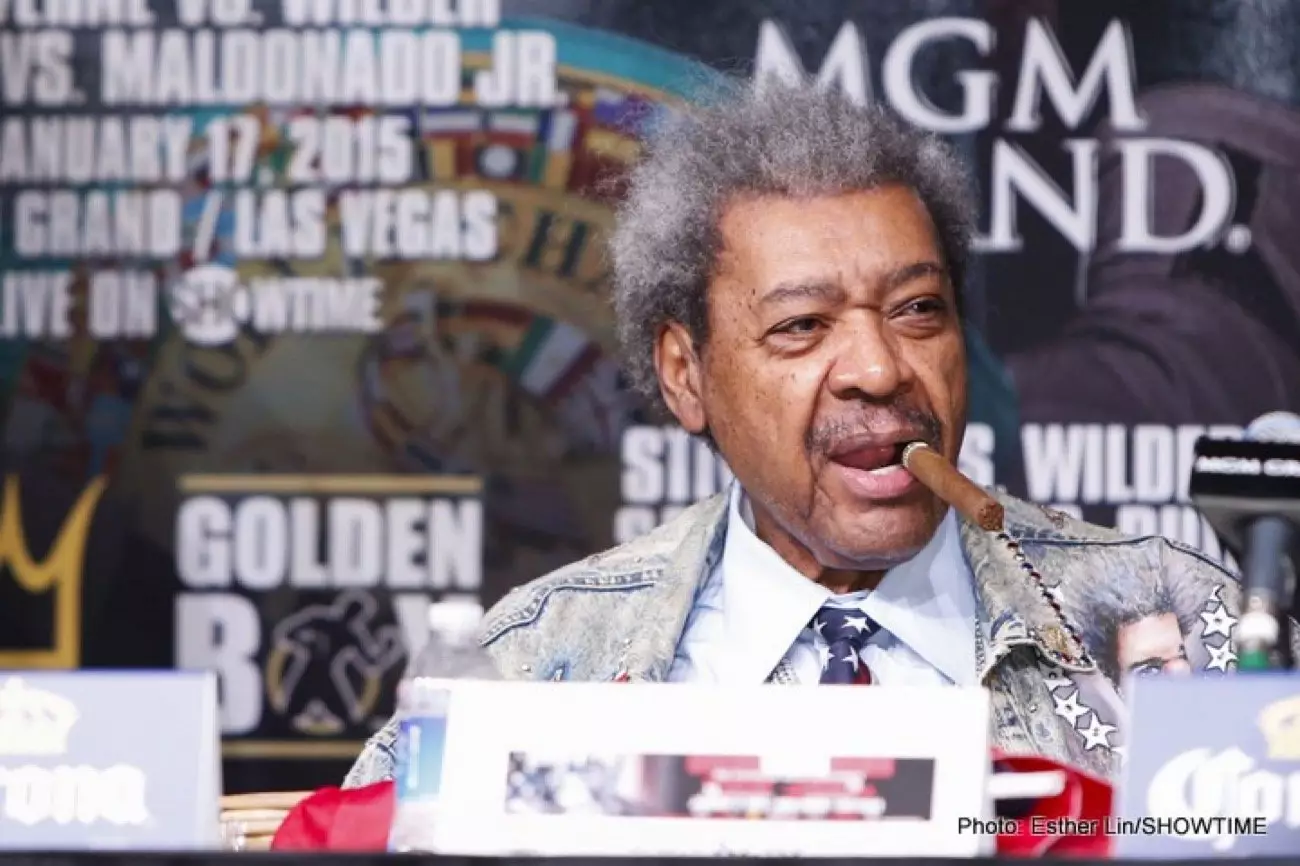In the multifaceted world of professional boxing, certain institutions have become synonymous with mismanagement and absurdity. The World Boxing Association (WBA) epitomizes this trend more than any other organization. With the announcement of the Kubrat Pulev vs. Michael Hunter bout for the WBA “Regular” Heavyweight Title, fans of the sport are left scratching their heads, questioning not only the relevance of the title itself but also the integrity of the sport as a whole. A title often seen as little more than a gimmick, it holds as much credibility as a “World Champion” title won from a cereal box. In a sport that once crowned legends, we find ourselves staring into the abyss of mediocrity.
The Eccentricities of Don King
Don King, a name that echoes in the annals of boxing history, is back in the spotlight with this fight, and he couldn’t seem more out of touch. At 93, he remains a relic of a bygone era, a chaotic time when boxing thrived on spectacle and glamour rather than the diluted product we see today. King reportedly shelled out $1.1 million to secure the purse bid, a shocking figure given the lack of fanfare surrounding the fighters. One can’t help but wonder: What drives King in this age of digital finesse and streaming wars? While other promoters scramble to adapt, chasing trends that seem designed to lure a younger audience, King is steadfast in his outdated methods of operation. Still using fax machines? Handing in bids like he’s submitting a time capsule? If that’s what it takes to remain relevant, perhaps he deserves a tip of the hat, albeit one embroidered with irony.
Boxing’s Bizarre Title Landscape
Titles have proliferated so rapidly that the WBA has created a plethora of champions with varying degrees of legitimacy, leading to a confusing landscape that dilutes the significance of actual accomplishments. Super champions, interim champions, and now the “Regular” title offer a dizzying array of belts that render the title chase a farce. In their quest to maximize revenue through sanctioning fees, the WBA treats the championship belts as commodities, effectively creating a market where the only winners are the organizations themselves. The “Regular” title, specifically, is designed to dupe casual fans into believing they are witnessing a momentous occasion, when in reality, it might as well be a community center boxing match for retirees.
Pulev vs. Hunter: A Contest Lacking Substance
As for the fighters, Kubrat Pulev’s career is a testament to how fleeting greatness can be. Once a formidable contender, his most memorable performance remains a loss to Wladimir Klitschko nearly a decade ago. Being 44 and showing physical signs of wear and tear, he epitomizes the stagnation that can accompany a boxing career that has gone on for too long. On the other hand, Michael Hunter represents a more ambiguous figure in the sport—at once a solid fighter yet perpetually on the periphery of relevance. His recent accomplishments don’t scream “world title” but more so echo an unfulfilled potential. Together, these two fighters are set to clash for a title that very few people take seriously, making the entire matchup feel like a retirement swansong rather than a championship bout.
The Sporting Circus: A Self-Inflicted Wound
It’s astounding how the WBA has managed to turn itself into a punchline. In the face of challenges from rising promoters and alternate boxing formats, they’ve opted for the flashiest façade while sacrificing substance. It’s a circus show in which real talent takes a back seat, and the notion of a champion becomes subjective at best. Pulev vs. Hunter won’t be remembered as an epic battle but rather a pitiful reminder of a sport that has forsaken its integrity. The WBA is now akin to a carnival barker, peddling the illusion of grandeur while the strength of the sport evaporates before our eyes.
The Disconnect in Modern Boxing
While the boxing industry grapples with issues of relevance and engagement in an ever-evolving landscape, it’s interesting to note how some old-school figures, like Don King, somehow manage to navigate the chaos. King may have his quirks, but they highlight an even greater issue: the disconnection between traditional boxing dynamics and the modern era’s expectations. As boxing transitions into the mainstream consciousness with influencers and crossover bouts, the WBA appears stuck in a time loop, marketing a title fight that symbolically reflects the indecision and lack of purpose found within professional boxing today.
As Pulev and Hunter prepare to step into the ring, the fight encapsulates the disheartening reality of a sport teetering on the precipice of irrelevance. The absurdity of it all serves not just as a narrative of decline, but as a call to action—one that boxing enthusiasts desperately hope will swing the momentum back toward genuine athleticism and passion, rather than empty titles and outdated methods.

